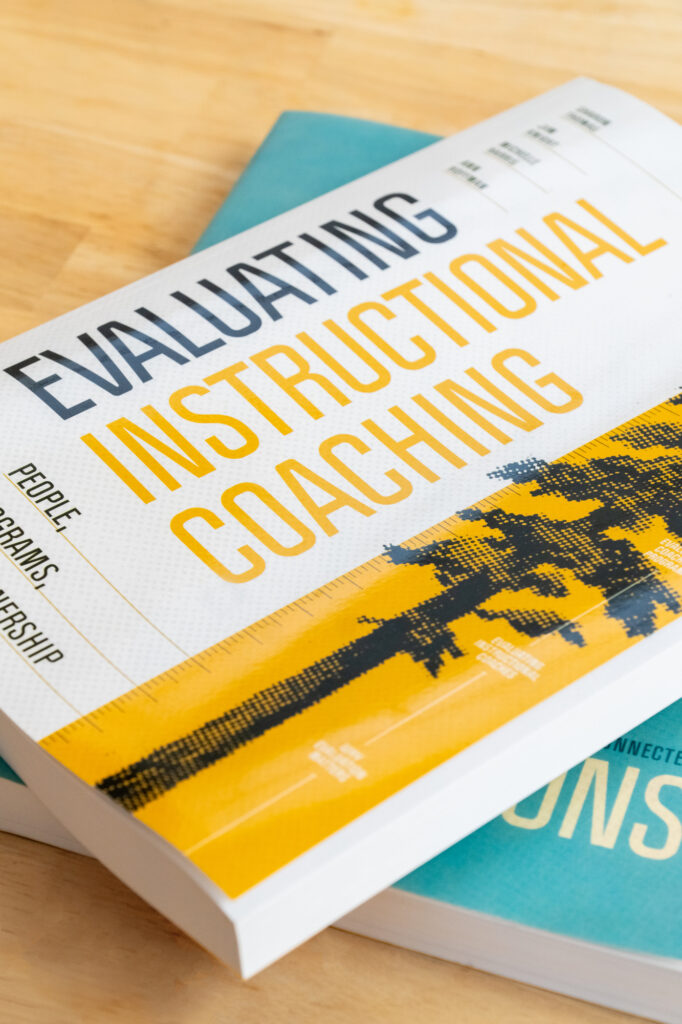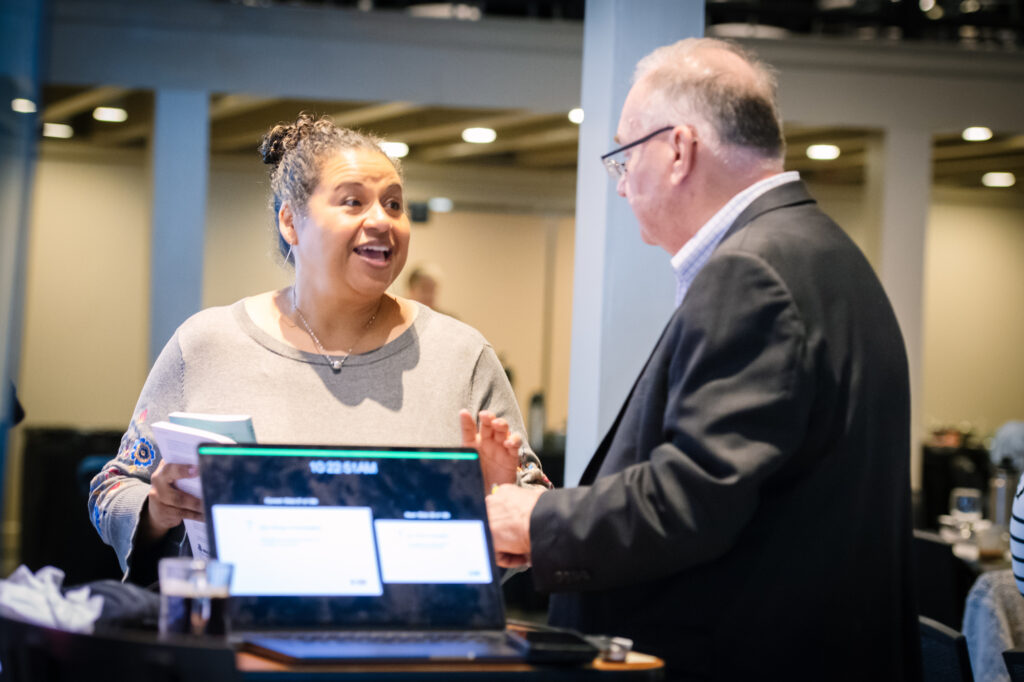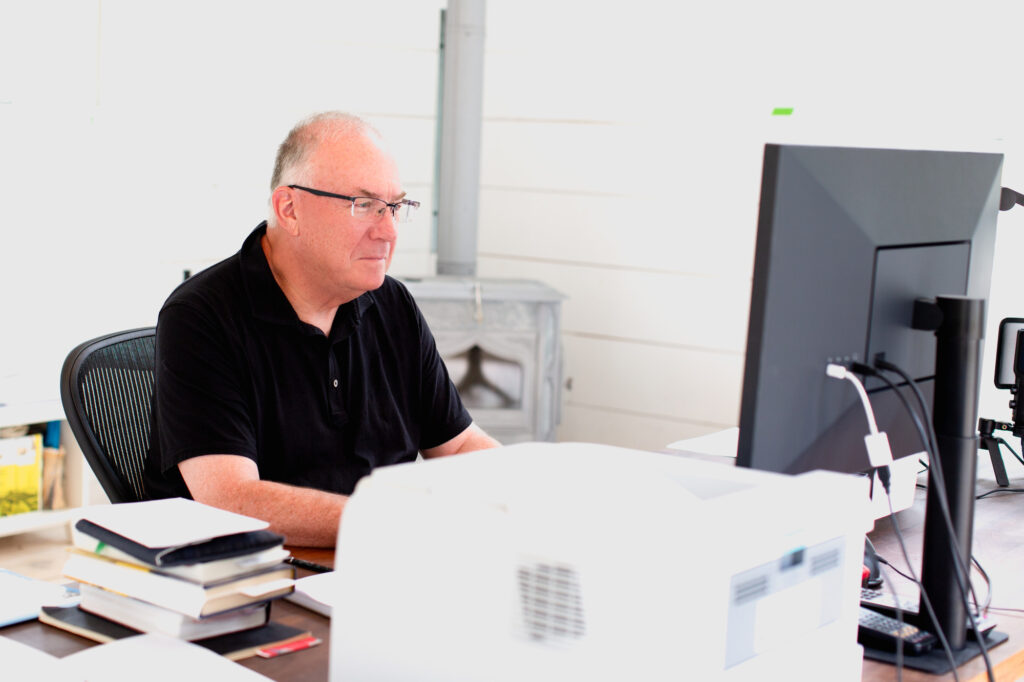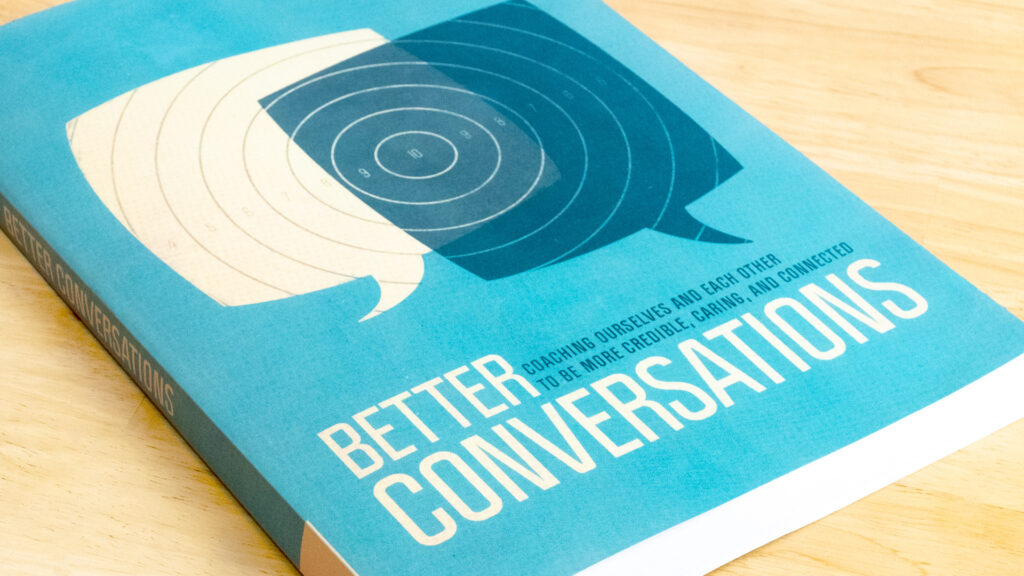I wrote this blog sometime ago on another site. Unfortunately, it seems even more relevant today. Yesterday I got an email which criticized our president for being a “socialist.” I’ve also seen writing that describes political celebrity Sarah Palin as a “fascist.” This kind of talk just boils my blood. When people write this kind of stuff they do it to attach a whole lot of negative associations to their criticism. Thus, calling President Obama a socialist is also suggesting he’s a communist, he’s anti-democratic, he’s anti-freedom, he’s opposed to all that is good in the USA. Calling Palin a fascist suggests that she believes in the superiority of one group or class of people over another, that she wants to win more than do right, that she will unite her people by leading them to hate others, that she’s a racist, callous and cruel and that she’s opposed to all that is good in the USA. Now I don’t care which side you’re on or where you are in the middle, but this name-calling that is so prevalent in our discourse these days is very dangerous. When you partake in this kind of hyperbolic slur, what you do is you close off dialogue at a time when we need more dialogue. If you call Obama a a socialist, I’m pretty sure you’re not going to want to hear my thoughts about my positive experiences with healthcare growing up in Canada. If you call Palin a fascist, you’re probably not going to want to hear that I like that she is sensitive to the needs of children with disabilities. In his book How the Mighty Fall, Jim Collins suggests that one of the signs of an organization in decline is that there is “a marked decline in the quality of debate and dialogue.” Name calling of this sort, automatically ends dialogue, and we need to avoid it in our lives as much as our political discourse. We don’t need to fabricate reasons to hate more people; what we need is more listening. And this applies to our lives in schools as much as it applies to our lives in society.We no longer live in a black and white world. Our lives are complex, filled with adaptive challenges, and while it feels good to reduce life down to simple explanations, what will move us forward in schools, for example, is not labeling parents, or teachers, or children, or unions, or principals, or superintendents, or politicians as the problem. What will move us forward is suspending our assumptions and listening. And we can’t wait for others to listen. We need to start with ourselves, as best we can. I really think our children’s future depends on it.
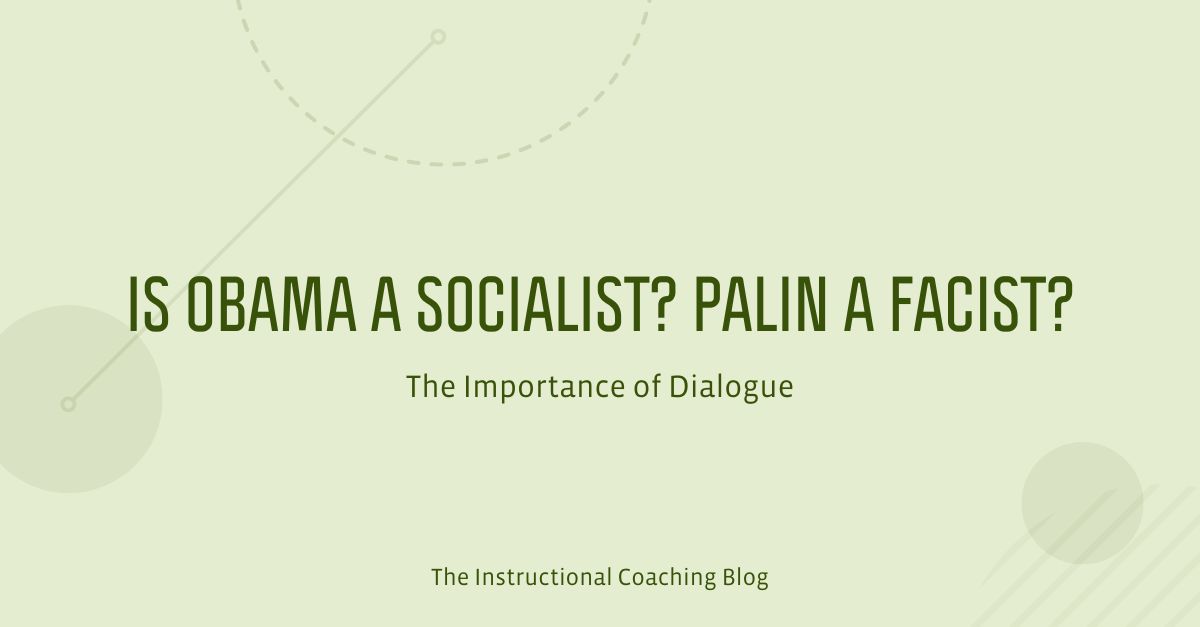
More from Instructional Coaching Group

Get Top Instructional Resources In Your Inbox





